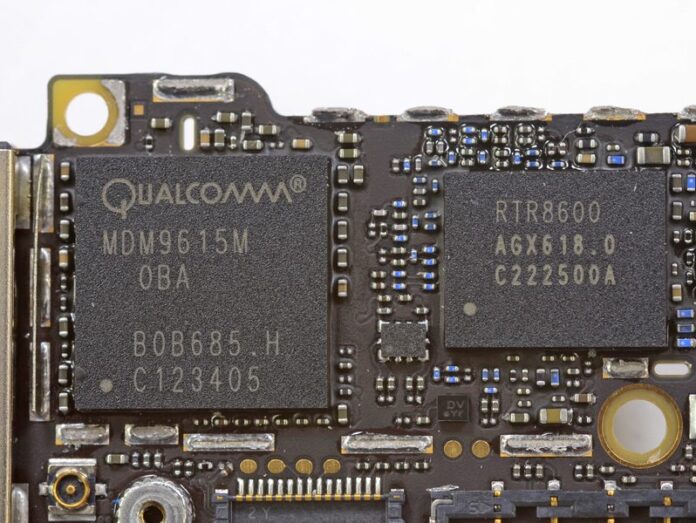Acquisition of NXP will bolster Qualcomm portfolio around autonomous driving and industrial IoT
Pending regulatory and closing machinations, San Diego-based Qualcomm announced today it will pay $39 billion to acquire Dutch semiconductor manufacturer NXP. Qualcomm is a leader in chips for smartphones and other wireless communications technology, while NXP produces solutions for automotive, security and radio frequency.
The deal is expected to close by the end of 2017, according to the companies, and The Wall Street Journal reports Qualcomm will pay $110 per share of NXP, which is more than 30% above NXP share values in late September. With news of the acquisition, share values for both companies rose.
In a joint statement, Rick Clemmer, NXP president and CEO, and NXP EVP of global sales and marketing, Steve Owen, said: “Qualcomm is an exceptional company with a like-minded approach to that of NXP, in terms of customer-focused innovation. Its exceptional heritage, engineering execution capability and richness of technology are an ideal match to NXP’s long-standing commitment to the automotive, security, networking, consumer and industrial markets. We and the entire NXP team are delighted at this prospect and wish to assure you of our continued commitment to you throughout the entire transition phase and beyond.”
According Qualcomm, the new company is projected to generate more than $30 billion in yearly revenue and have an addressable market worth $138 billion by 2020.
“With innovation and invention at our core, Qualcomm has played a critical role in driving the evolution of the mobile industry. The NXP acquisition accelerates our strategy to extend our leading mobile technology into robust new opportunities, where we will be well positioned to lead by delivering integrated semiconductor solutions at scale,” Steve Mollenkopf, CEO of Qualcomm, said in a statement. “By joining Qualcomm’s leading [system on a chip] capabilities and technology roadmap with NXP’s leading industry sales channels and positions in automotive, security and [‘internet of things’], we will be even better positioned to empower customers and consumers to realize all the benefits of the intelligently connected world.”
Qualcomm said it would pay for NXP using cash and new debt.
This acquisition continues consolidation in the semiconductor industry. Japanese corporate powerhouse SoftBank, the parent company of Sprint, agreed in July to pay roughly $32 billion for ARM Holdings, the British company that designs the cores inside most of the processors built by Qualcomm, Samsung and other makers of smartphone chipsets.
In January Sony announced its acquisition of LTE-only chipmaker Altair Semiconductor for $212 million as it expects more “things” to be connected to the internet using cellular chipsets. Sony already makes sensors that can be embedded in devices to record metrics like location and orientation, and by acquiring Altair gains a new way to connect those sensors.
In May last year Avago Technologies agreed to buy Broadcom for $37 billion; Broadcom is the world’s largest maker of Wi-Fi chipsets for mobile devices. A week later, on June 1, 2015, Intel announced it’s plan to buy competitor Altera for $16.7 billion, or $54 a share, in an all-cash deal.
And, in March 2015, Freescale agreed to sell to NXP for $16.7 billion. Regarding that combination, the two NXP execs said in a message to customers and investors: “We thank you for your continued support, as we together continue to complete the integration of the Freescale and NXP systems.”
Gartner Research Vice President Mark Hung explained to RCR Wireless News that this wave of consolidation is based on the sheer investment necessary to bring a leading-edge chip to market.
“The semiconductor game has really become very expensive to play for all but the largest companies. In order to get economy scale, to get size, it’s driving a lot of consolidation.” He also said the semiconductor industry has experience steady, albeit slow growth, meaning that “if organic growth is tough, companies try to grow through acquisitions.”
Hung said Qualcomm and NXP product portfolios will make an advantageous combination. “They’re both suppliers to the automotive industry, but, again, even on that platform they’re very complementary. Qualcomm provides the cellular modem and infotainment. NXP…they’re really in the rest of the car. That’s where NXP dominates.”
In terms of potential obstacles Hung pointed out that Qualcomm has third-parties produce its chips whereas NXP is actually in the manufacturing business. “That is a significant risk,” he said.

